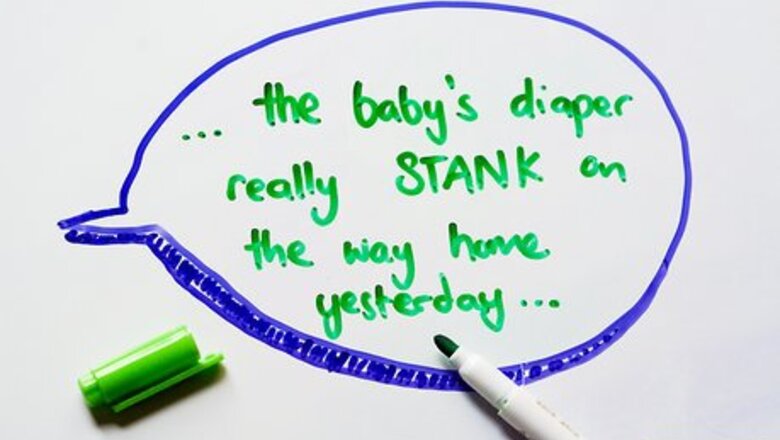
views
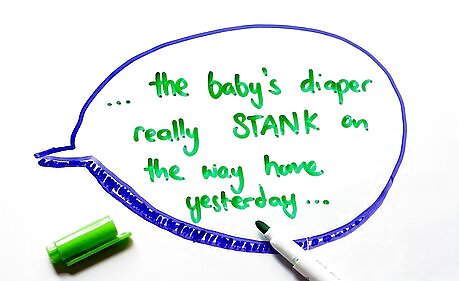
Remember that stank is the past form. Use it when you refer to a finished time, such as last night, yesterday, etc. stunk is the participle form (okay, never mind that word), but it means you use it with have, has, or had. These sentences are correct: She sure stank up the kitchen last night with that burned milk! I'm sorry, but the baby's diaper really stank on the way home yesterday! The house hasn't stunk this badly since the day we found that rat behind the dryer. If you hadn't stunk up the bathroom, I wouldn't have opened the window and let your orchids freeze in the snow.
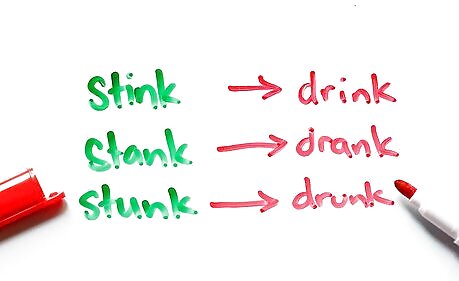
Remember that stink (stank - stunk) is what is called an irregular verb. That means it doesn't have an -ed at the end (like live - lived - lived). It's like this verb: drink - drank - drunk.
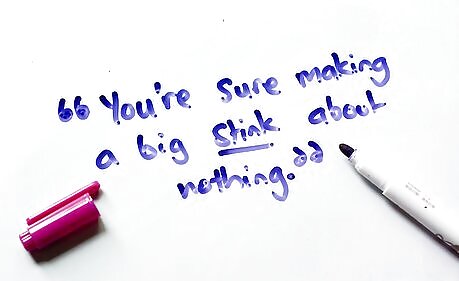
Don't worry about using the word like this: "You're sure making a big stink about nothing!". That's not your problem. (It's a noun here.)
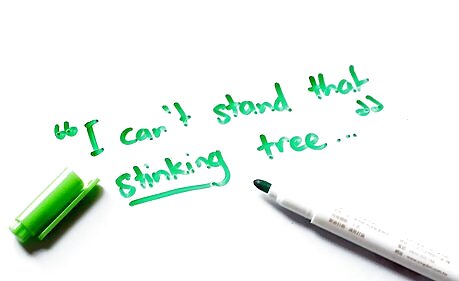
Don't worry about using the word like this: "I can't stand that stinking tree in front of the window anymore". That's also not your problem. (It's an adjective here.)
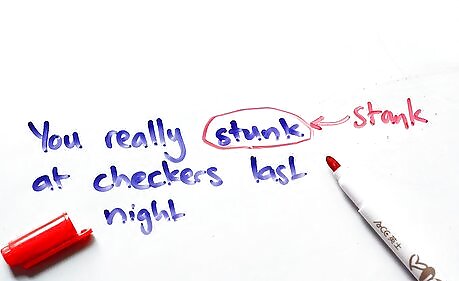
Think about the word when you want to make a sentence like this: "You really stunk at checkers last night." That's wrong. It should be stank.
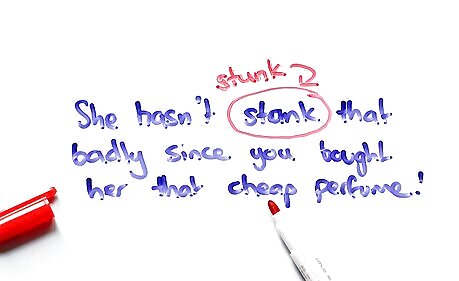
Think about the word when you want to make a sentence like this: "She hasn't stank that badly since you bought her that cheap perfume." That's wrong. It should be stunk.











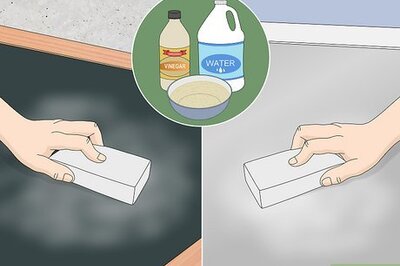






Comments
0 comment